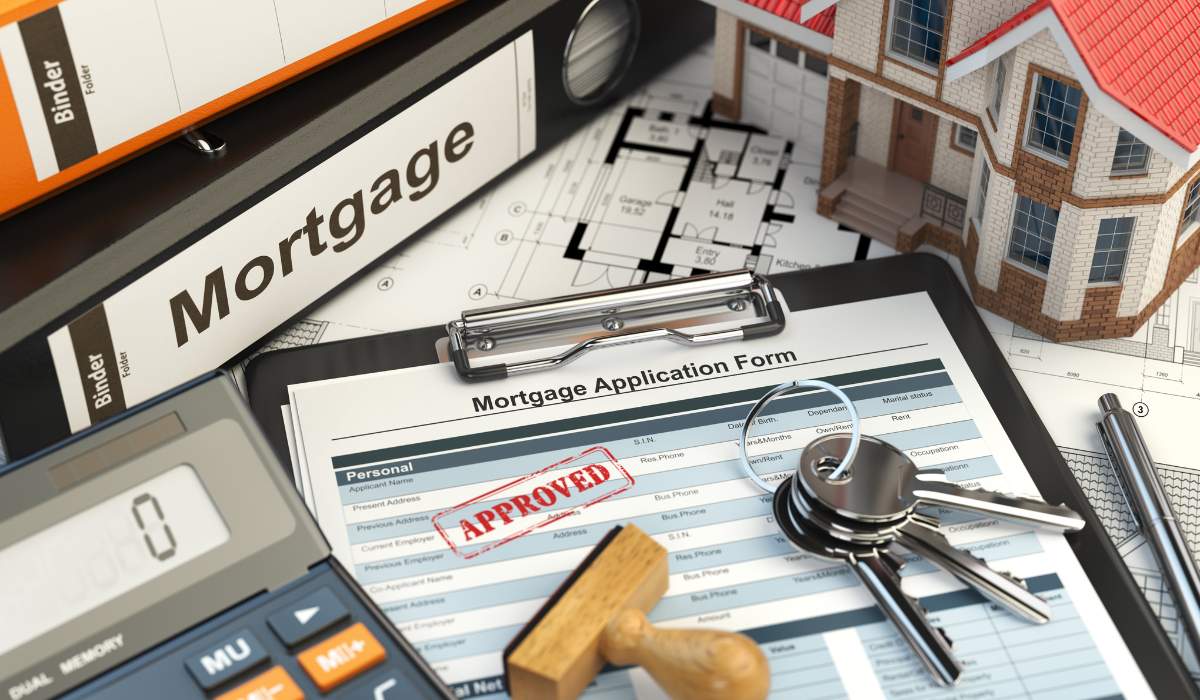25 Home Buying Mistakes to Avoid: Your Ultimate Guide to a Successful Purchase
Buying a home is an important milestone that is accompanied by enthusiasm, anticipation, and a plethora of considerations. Despite the fact that the procedure can be intimidating, being aware of frequent errors will help you get through it more easily and guarantee a successful purchase. We will go over 25 Home Buying Mistakes to avoid when buying a property in this comprehensive book, giving you the knowledge you need to make wise choices and confidently locate your ideal home.
Not Getting a Mortgage Pre-Approval

Not being pre-approved for a mortgage before starting their search is one of the most significant errors that prospective homeowners make. Obtaining pre-approval demonstrates to sellers that you are a serious and qualified buyer while also assisting you in determining your budget. The ideal mortgage conditions for you.
Ignoring the Importance of Location for Home Buying Mistakes
In real estate, location is a key component. You can end up unhappy with your purchase if you don’t take into account the neighborhood’s amenities, accessibility to transit, educational facilities, and long-term development plans.
To gain a good grasp of the neighborhood, do extensive research, visit at various times of the day, and speak with people.
Skipping a Home Inspection

In order to find any hidden concerns or prospective difficulties with the property, a comprehensive home inspection is necessary. Skipping this step could lead to expensive shocks later on. Employ a competent home inspector with knowledge of the neighborhood market to guarantee a thorough evaluation of the property’s condition.
Not Doing Enough Research on the Neighborhood
Give the neighborhood your full attention. To make sure it fits your lifestyle and tastes, research the area’s crime rates, schools, surrounding attractions, and future development plans. Online sources, regional community organizations, and interactions with locals can all offer insightful information about a neighborhood’s suitability.
Neglecting Needs for Future Expansion

When purchasing a property, it is crucial to take your future needs into account. Make sure the property has adequate space and flexibility to fit your changing lifestyle if you intend to grow your family or work from home. Think about the number of bedrooms, the design, and the possibility of modifications or extensions.
Not Utilizing a Skilled Real Estate Agent
The knowledge of a real estate agent is crucial during the home-buying process. They can help you with negotiations, offer market insights, and guide you through complicated paperwork. Select a real estate professional with expertise in investment properties who can provide guidance on locating off-market deals and investment tactics.
Not Creating a Realistic Budget

To prevent going into debt, it’s essential to create a reasonable budget. Not just the purchase price should be taken into account, but also any additional expenses like closing charges, upkeep, and prospective improvements. Find a budget that fits your financial objectives and commitments by consulting a financial counselor.
Forgetting About Extra Charges
In addition to the purchase price, there are additional charges to take into account, such as maintenance fees, homeowners insurance, and property taxes. Financial stress may result if you don’t account for these in your budget. Make a thorough note of all projected costs and take them into account when making your financial strategy.
Falling in Love with a House That Is Outside Your Price Range

It’s simple to fall in love with a home that is outside your price range. However, spending more than you can afford on a home can put a strain on your finances and make it harder for you to deal with unplanned bills. Set a budget and adhere to it, even if it means giving up some amenities or destinations.
Rushing into a Purchase
When purchasing a home, patience is essential. Rushing into a purchase without doing your homework and giving it thoughtful consideration can make you regret it and be unhappy with your choice. Before making a choice, take the time to look at a number of properties, weigh your options, and research market trends.
Overlooking Resale Worth

While finding a home that meets your present needs is crucial, taking into account its resale worth is a smart move. Select a home with features and amenities that appeal to a wide audience to ensure that its value holds up over time. When evaluating resale potential, take into account elements including location, school districts, and community attractiveness.
<div id=viewer-75anl class=xVISr Y9Dpf bCMSCT OZy-3 lnyWN yMZv8